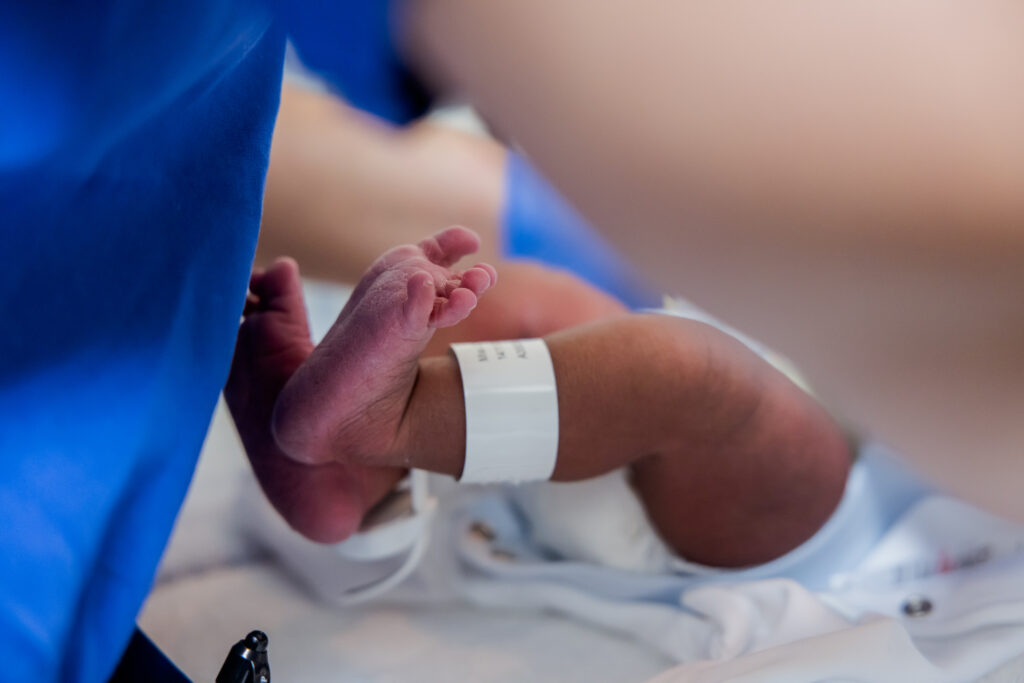Research by the United National Population Fund (UNFPA) and the UN Sexual and Reproductive Health Agency has found nearly a third of women in developing countries become mothers during adolescence.
The findings show women in developing countries begin childbearing at age 19 or younger, with nearly half of first births are children or girls aged 17 and younger.
The UNFPA report shows that women who began childbearing in their adolescence had almost 5 births by the time they were 40 years old in 2015-2019.
UNFA Executive Director, Dr Natalia Kanem, said: “When nearly a third of all women in developing countries are becoming mothers during adolescence, it is clear the world is failing adolescent girls. The repeat pregnancies we see among adolescent mothers are a glaring signpost that they desperately need sexual and reproductive health information and services.”
Girls who had a first birth at the age of 14 or younger, almost three quarters had a second birth in adolescence, and 40 per cent of those with two births had a third child before becoming an adult.
It was also noted that globally the rate of motherhood in childhood and adolescence is declining, but at a very slow pace.
“Governments need to invest in adolescent girls and help expand their opportunities, resources and skillsets, thereby helping avoid early and unintended pregnancies. When girls can meaningfully chart their own life course, motherhood in childhood will grow increasingly rare,” Dr Natalia Kanem added.
The report ‘Mother in Childhood: the Untold Story’ outlines recommendations for policymakers to provide girls with comprehensive information on sexual reproductive health in education, mentorship, social support, access to quality health services, provide families with economic support, and engage local organizations [sic], all within a supportive policy and legal framework that recognizes [sic] the rights, capacities and needs of adolescents, particularly marginalized [sic], adolescent girls.


